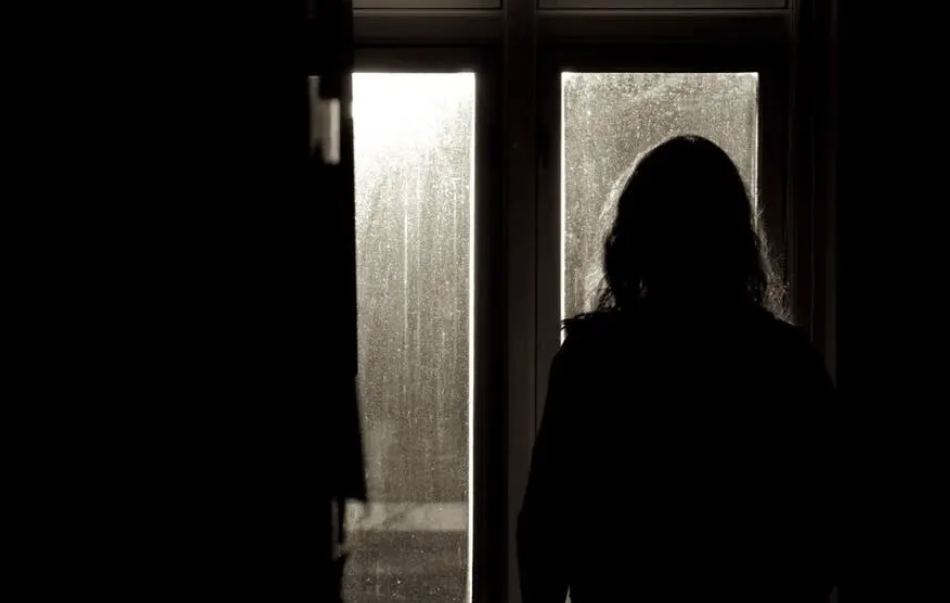Modern slavery support system discriminates against asylum-seeking mothers, High Court rules

The modern slavery support system is unlawfully discriminating against asylum-seeking mothers, the High Court has ruled.
Two single mothers who suffered sexual exploitation at the hands of traffickers were denied support which left them unable to pay for childcare to allow them to participate properly in legal appointments and counselling to aid their recovery.
In a critical judgement on Monday, Mr Justice Kerr ruled that the Home Office’s system of support discriminated against them as asylum-seeking lone parents who are victims of trafficking, stating that their treatment was “egregious”. He ordered that both women be compensated.
The women, who are both Albanian and have now been granted refugee status in the UK, and are known as “MD” and “EH”, had been referred into the National Referral Mechanism (‘NRM’) – the Home Office’s framework for identifying and referring potential victims of modern slavery and ensuring they receive the appropriate support.
Under the current system, potential modern slavery victims who have children in their care receive a payment called dependent child trafficking support – but if they are also seeking asylum they are not eligible on the basis that they are already in receipt of asylum support
Yet trafficking victims who are in receipt of financial support from other sources, such as welfare benefits or paid work, are still eligible to receive dependent child trafficking support.
The court accepted that the difference of treatment between asylum seeking victims of trafficking with dependent children and non-asylum seeking victims with dependent children amounted to a breach of human rights law.
The judge also found that the treatment constituted indirect sex discrimination, given that women were disproportionately affected by the exclusion.
He added that while there was “no deliberate targeting” of trafficked asylum-seeking parents, there seemed to be “real force” in the submission that the treatment of the claimants had been “egregious”.
Mr Justice Kerr said he did not believe the Home Office was taking the “continuing discrimination” against this group “particularly seriously, despite their vulnerability, which weighs with me considerably, and the added distress that must have been caused by the discrimination”.
He found that it was “clearly inappropriate” for children of victims of trafficking to attend legal, medical and counselling appointments, and that the absence of properly funded childcare made it difficult for the women to attend these appointments.
Home secretary Priti Patel has indicated that the ruling would require the government to pay additional sums totalling about £5m a year.
MD’s lawyers said she suffered additional distress as a result of having to bring her children with her to invasive medical appointments and was unable to benefit from meetings with her modern slavery advocate as she was unable to talk openly and fully in the presence of her children.
Mr Justice Kerr ordered the Home Office to provide the women with back-payments in dependent child trafficking support and a “relatively modest” award of non-financial loss to compensate her for the “distress caused by the discrimination”.
Silvia Nicolaou Garcia, of Simpson Millar’s Public Law team, who represented MD, welcomed the judgment, adding: “Without adequate financial support and childcare, our client was not able to access services vital for her recovery from her past traumatic experiences.
“A back-payment can’t make up for the lost time and support but we hope that the compensation she will be awarded will help to provide stability and safety for her and for her children and that she will finally be able to leave her trafficking experiences behind.”
Ms Garcia called on the Home Office to set up a redress scheme to ensure all survivors in the NRM get back-payments and that going forward, all survivors are provided with adequate financial support, including child trafficking payments and free childcare.
The Home Office has been approached for comment.
Source: (Independent)

